In a significant legislative turn, California’s attempt to pass two key reparations bills faced a halt. The bills, crucial for establishing a fund and an agency to manage reparations for slavery, were not moved forward.
This decision has stirred a considerable reaction among Black activists who emphasize the impact this could have on national politics, particularly concerning Vice President Kamala Harris.
Intense Legislative Session Ends in Disappointment
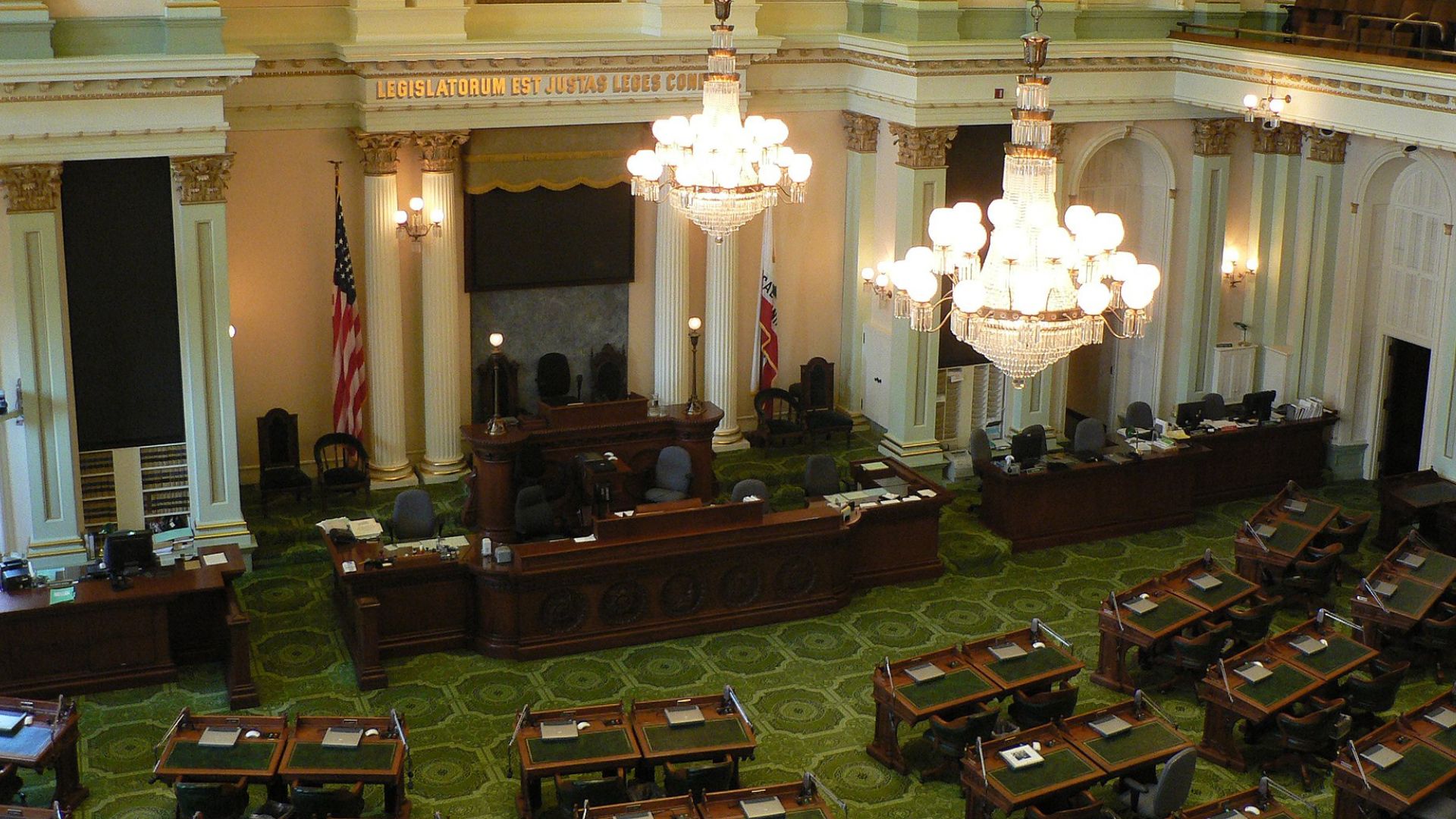
The California legislature’s session concluded without passing Senate Bills 1403 and 1331, which would have set up mechanisms for slavery reparations.
This occurred despite long debates and public protests, highlighting a significant division among state lawmakers and a challenging path forward for these reparative measures.
Activists Express Frustration Openly
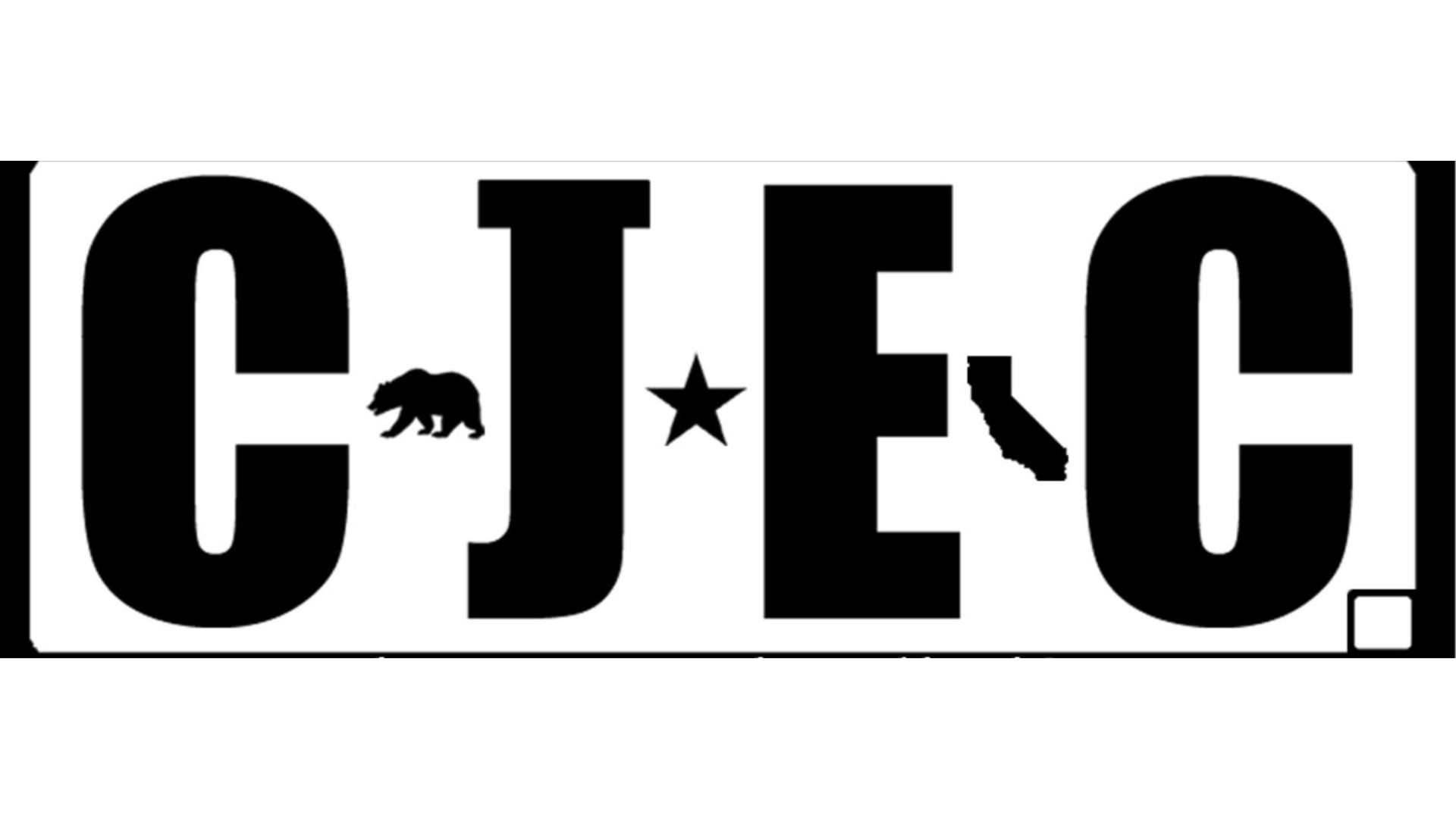
During the assembly, a member of the Coalition for a Just and Equitable California passionately urged, “The speaker needs to bring the bills up now, now, now. These are their bills. They have their names on the bills.”
He continued, “They’re killing their own bills because they’re scared of the governor.”
Warnings of Political Repercussions
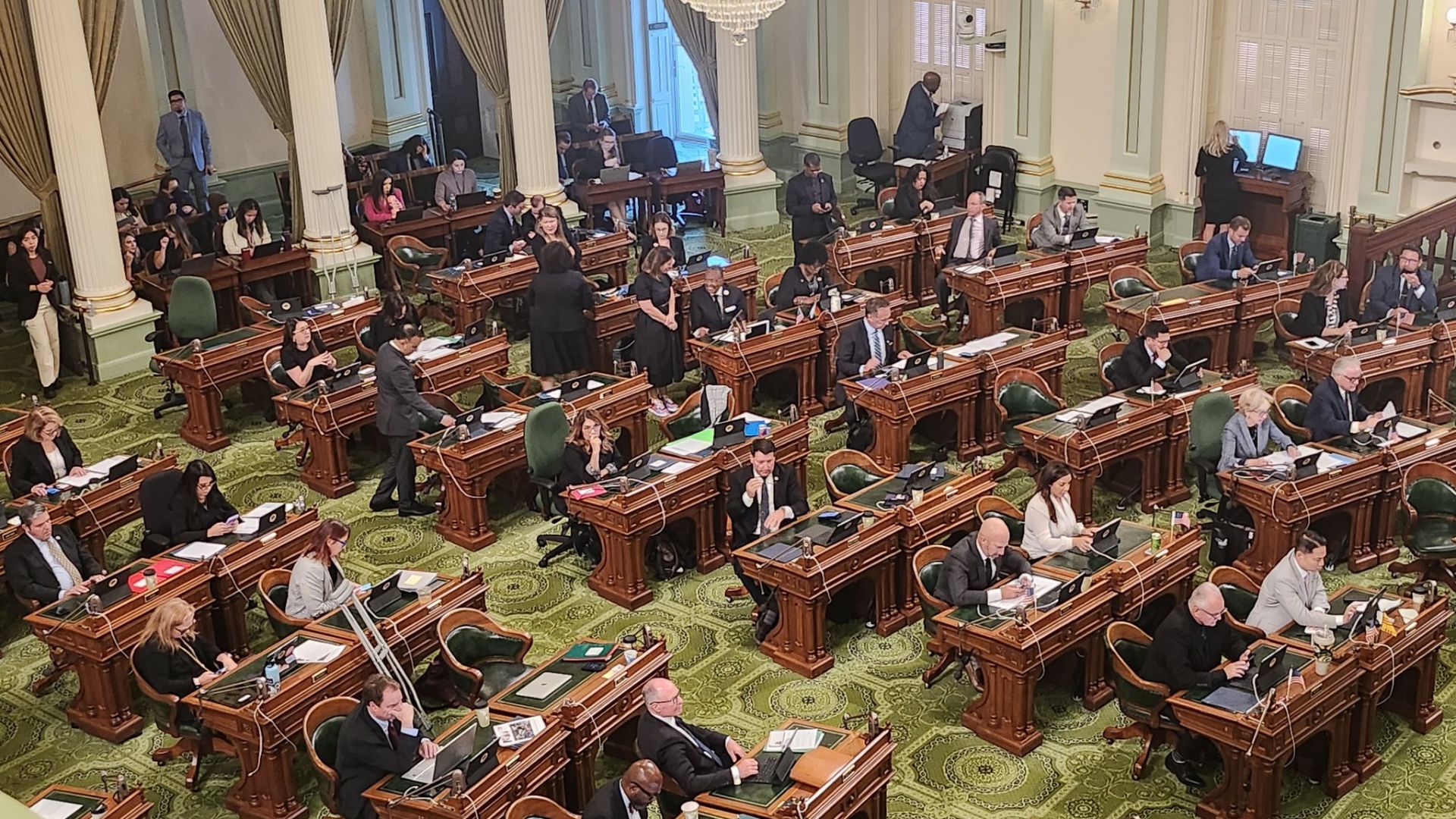
The potential repercussions of the bills’ failure are seen as extending beyond state politics.
An activist expressed concerns in a video shared on social media, stating, “The governor needs to understand the world is watching California and this is gonna have a direct impact on your friend Kamala Harris who is running for president.”
Confidence Among Supporters
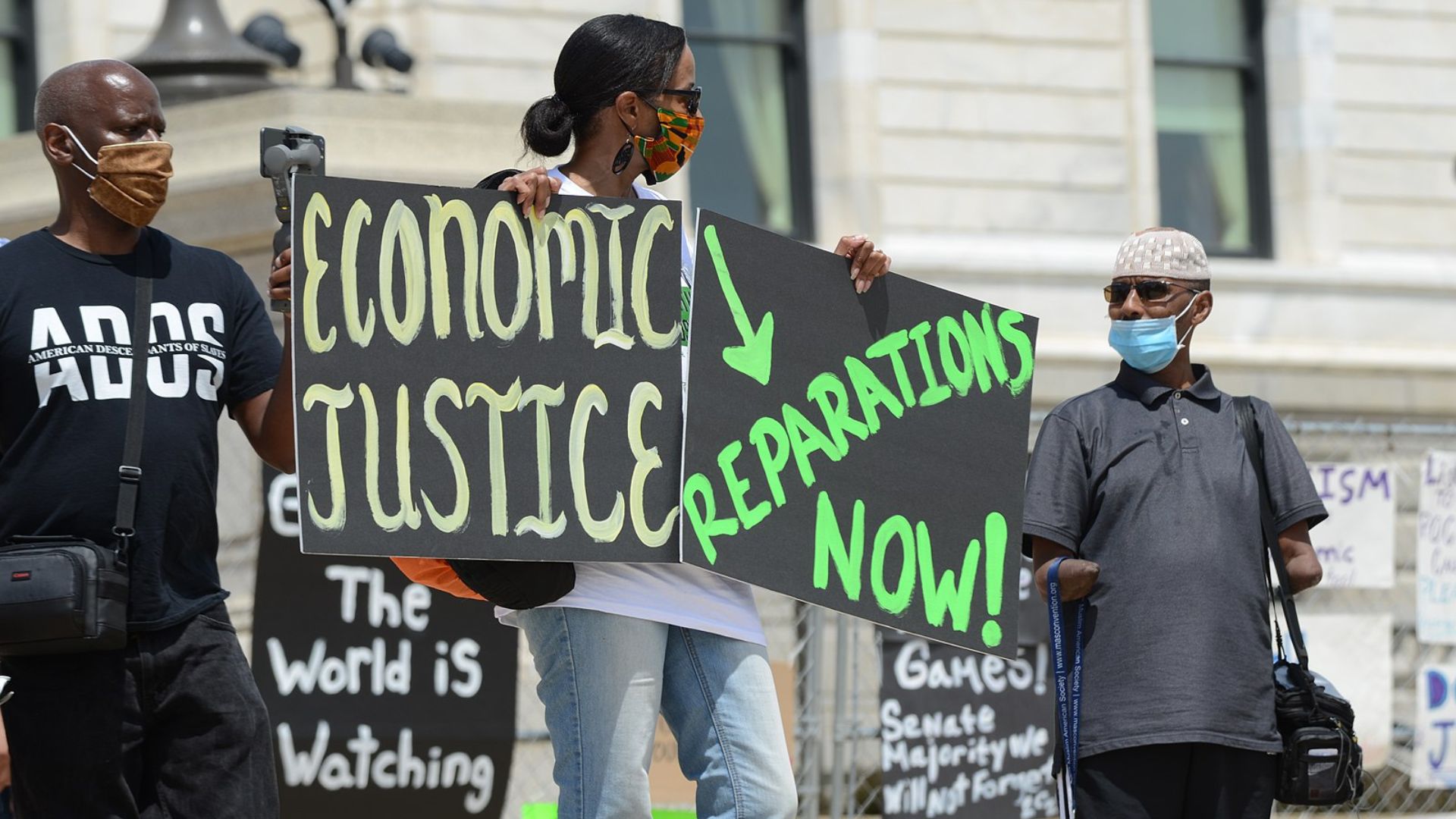
Despite the setbacks, supporters of the reparations bills remain hopeful.
One activist confidently declared during the session, “We have the votes,” indicating a belief in strong backing within the legislature which could potentially revive the bills in future sessions.
Appeals to Legislative Duty
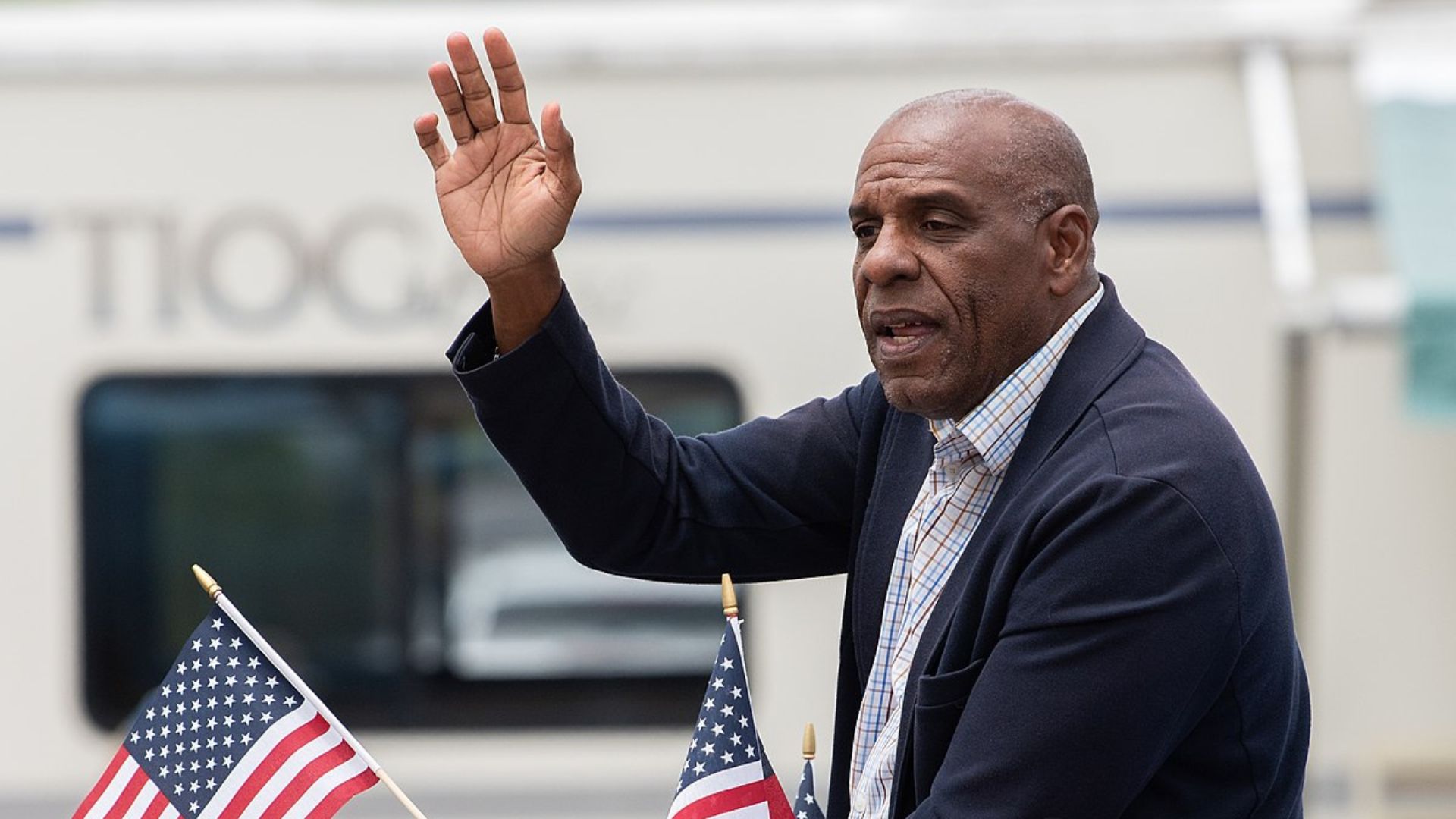
State Senator Steven Bradford, who authored the bills, stressed the importance of these measures.
He said, “We’re at the finish line, and we, as the Black Caucus, owe it to the descendants of chattel slavery, to Black Californians and Black Americans, to move this legislation forward.”
Acknowledging Disappointment
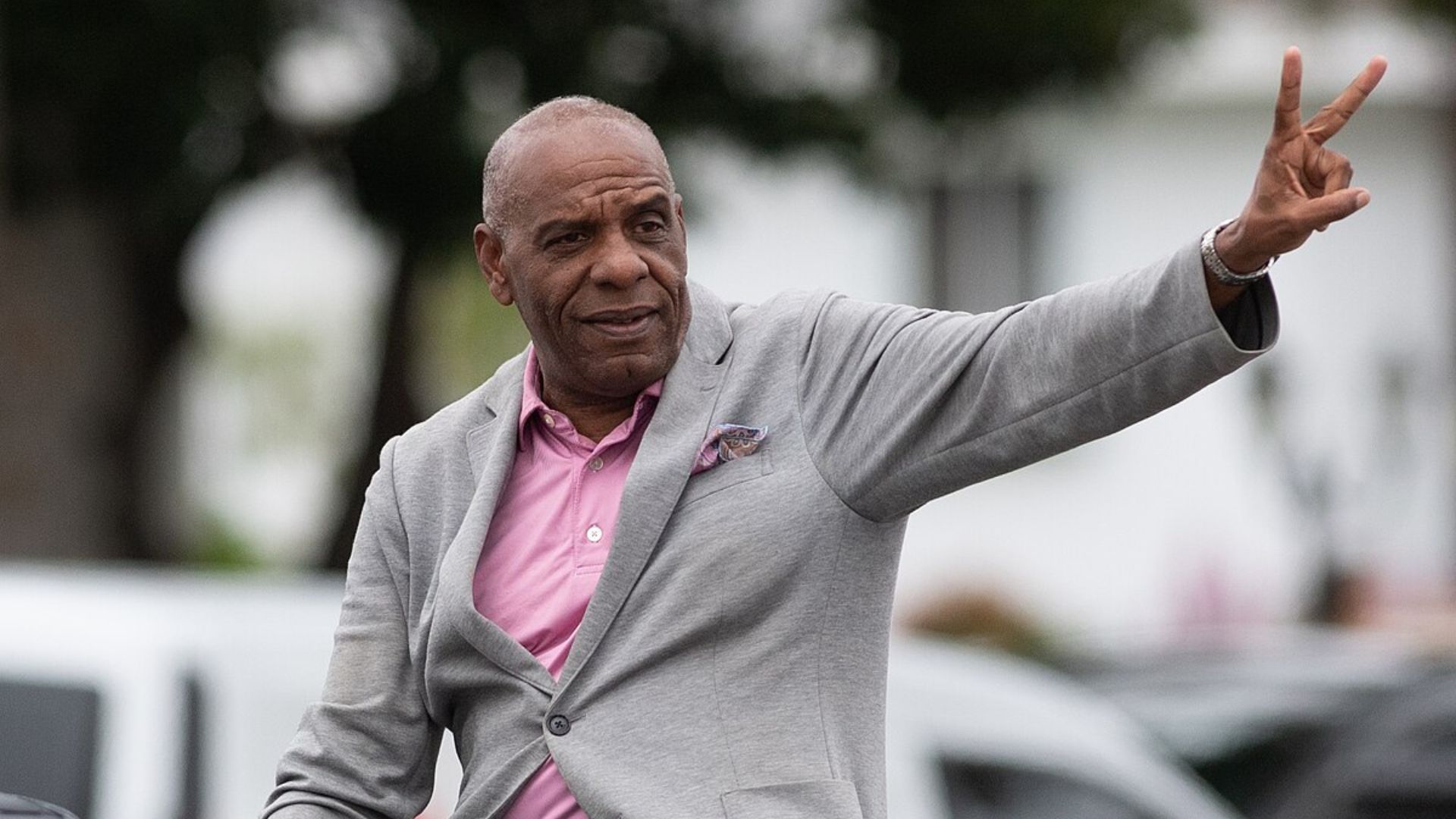
Reflecting on the legislative outcome, Bradford also mentioned, “We owe it to our ancestors,” a sentiment reported by the Sacramento Bee.
He expressed regret over the failure to pass the bills, suggesting that it was a letdown to both the ancestors and the current generation hoping for legislative action.
Strategic Withdrawal for Further Work
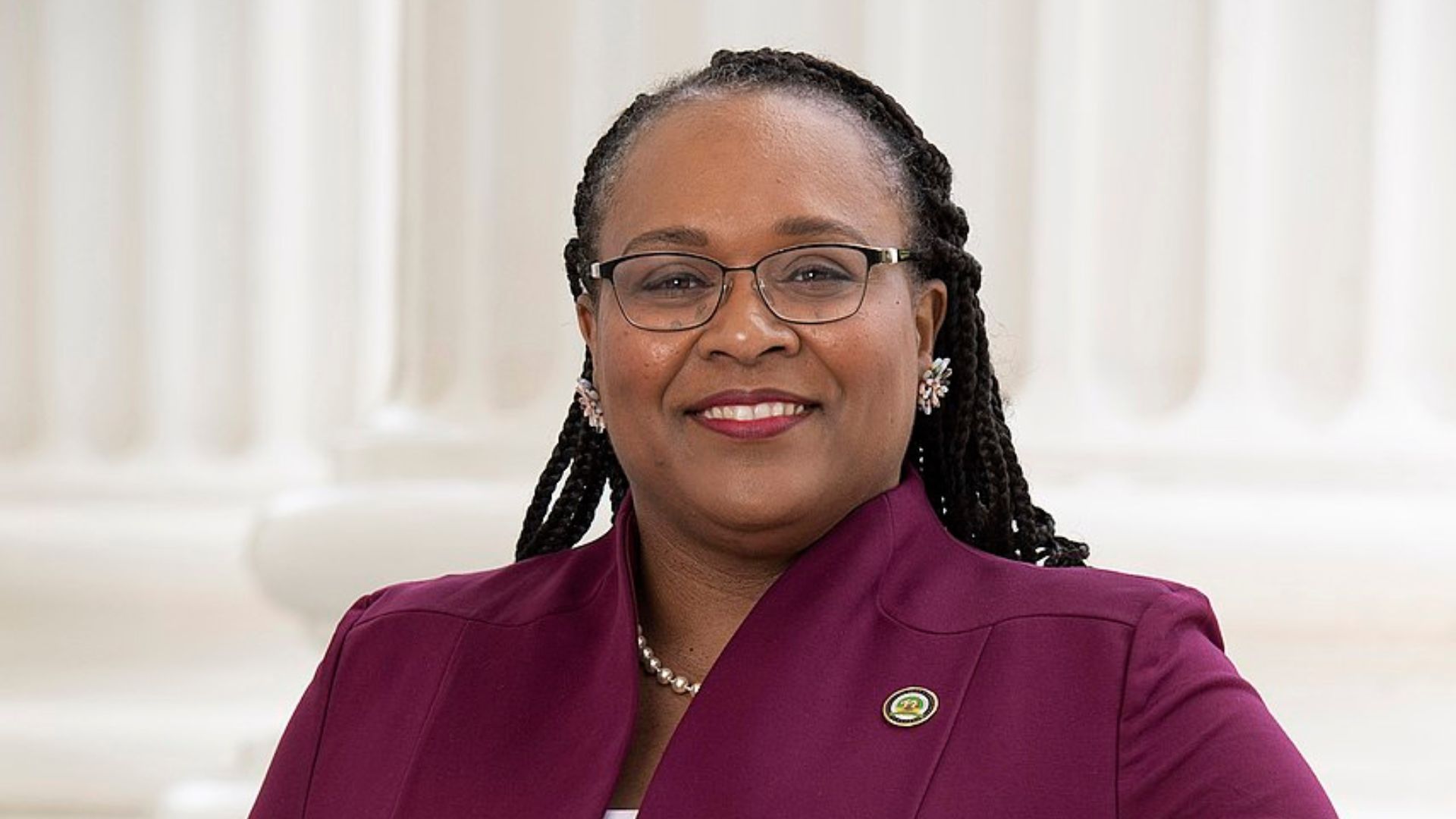
Assemblymember Lori Wilson remarked on the need for more work on the bills, indicating a strategic pause rather than an end to the efforts.
She explained, “We knew from the very beginning that it was an uphill battle… And we also knew from the very beginning that it would be a multiyear effort,” addressing reporters on the matter.
Governor Newsom’s Reserved Stance
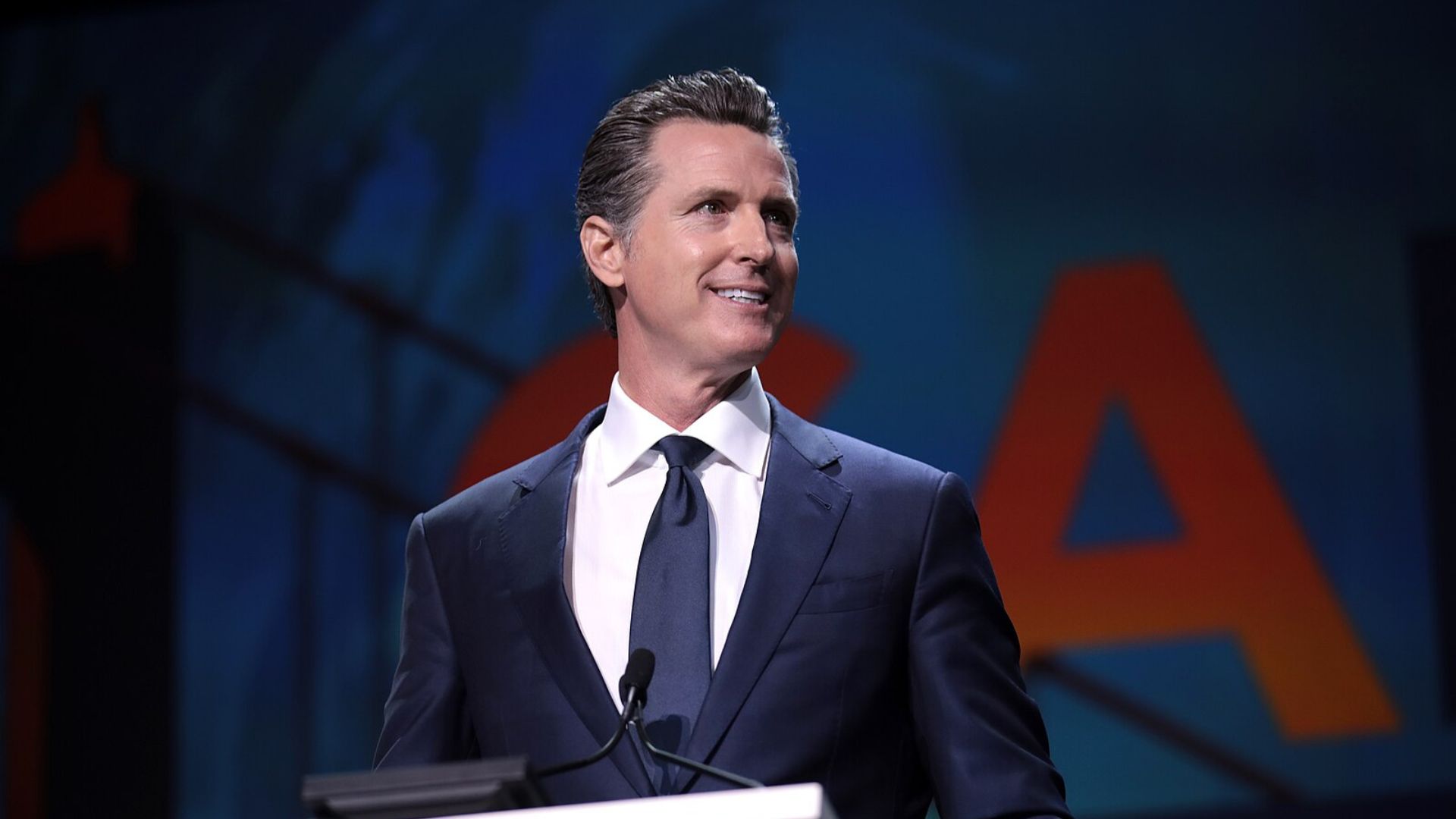
While Governor Newsom has signed other legislation related to reparations and allocated budget funds for these causes, his position on the specific bills in question has been more reserved.
His final decisions on related legislation are pending, with a deadline for his actions set for September 30.
Connecting Personal History to Legislative Action
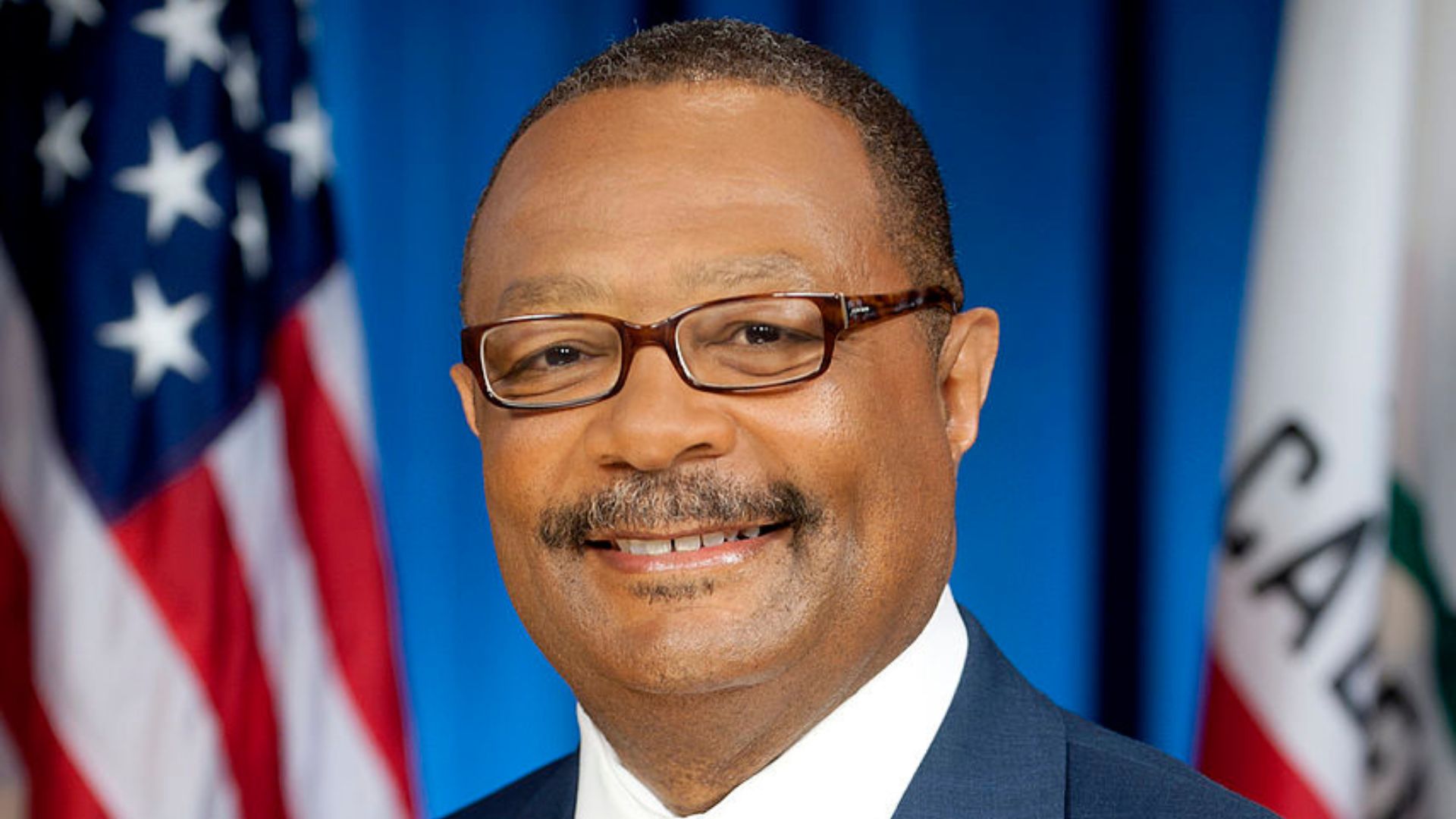
Assemblymember Reggie Jones-Sawyer connected his family’s historical struggles with his legislative efforts.
He stated before the vote, “I think my grandmother, my grandfather, would be extremely proud for what we are going to do today,” tying his motivations to the legacy of civil rights movements and his own family’s experiences.
California’s Leadership in Reparations Efforts
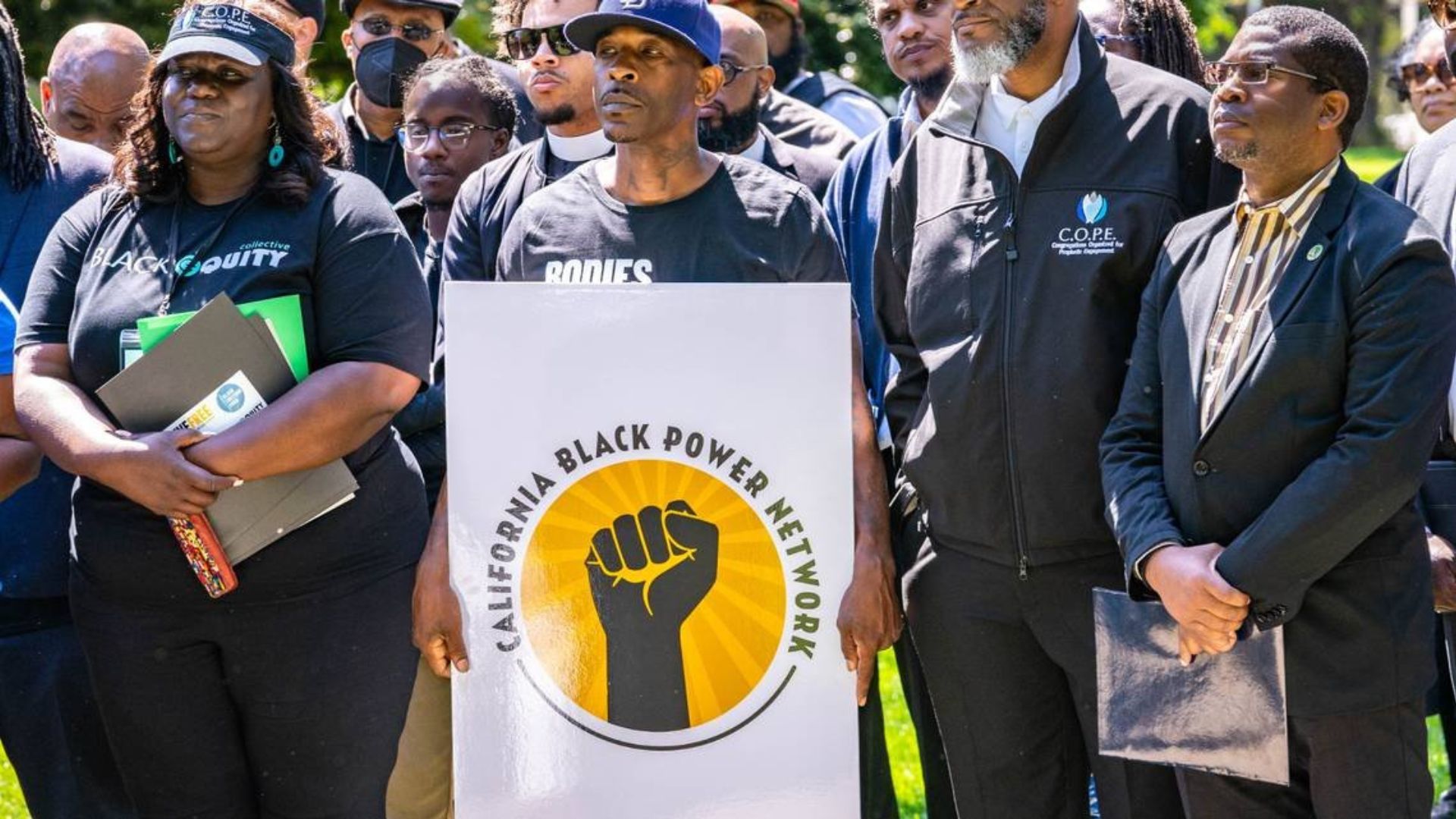
California has been at the forefront of discussing reparations at a state level, having established a task force to explore reparations proposals.
This initiative has inspired similar actions in other states like New York and Illinois, setting a precedent for legislative approaches to address historical injustices.
New Legislation to Address Educational Disparities

Governor Newsom recently signed a law requiring that school districts involved in state-funded career education programs collect data based on race and gender.
This measure aims to identify and address disparities in student outcomes, demonstrating a continued commitment to reparations-related policies and their broader implications for equality.
